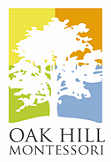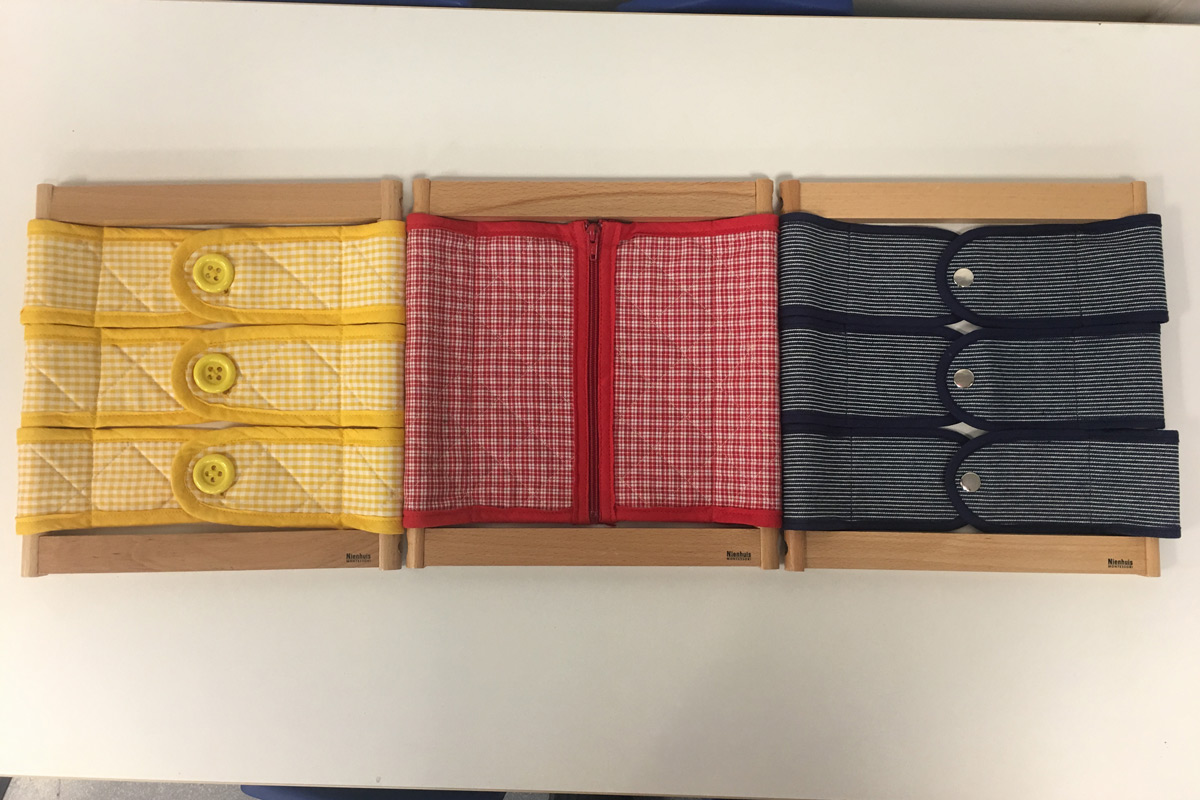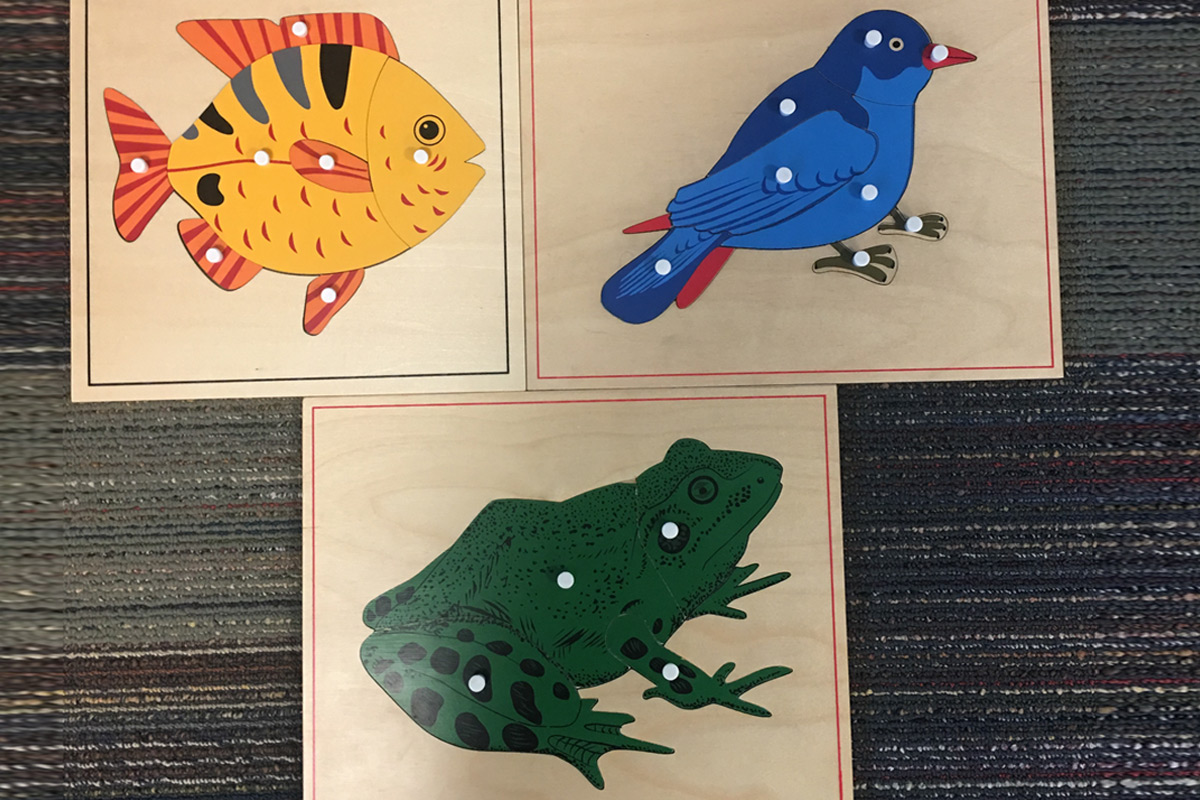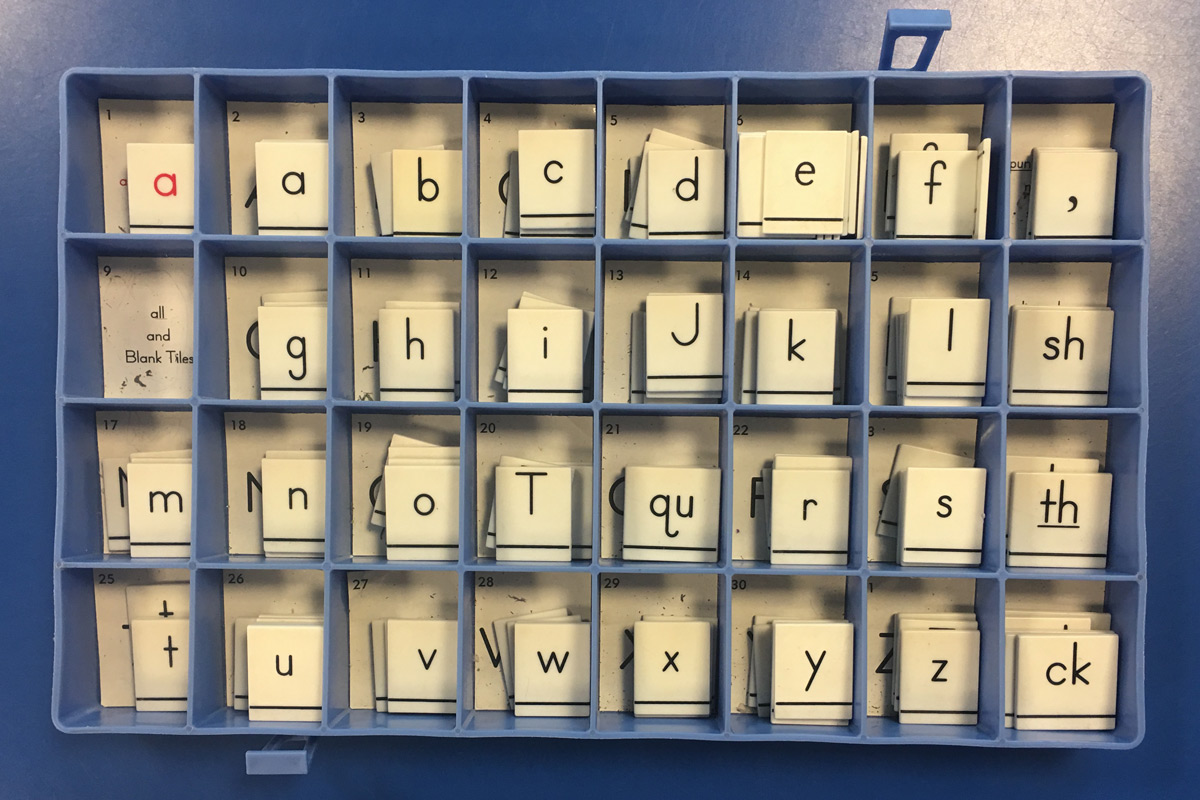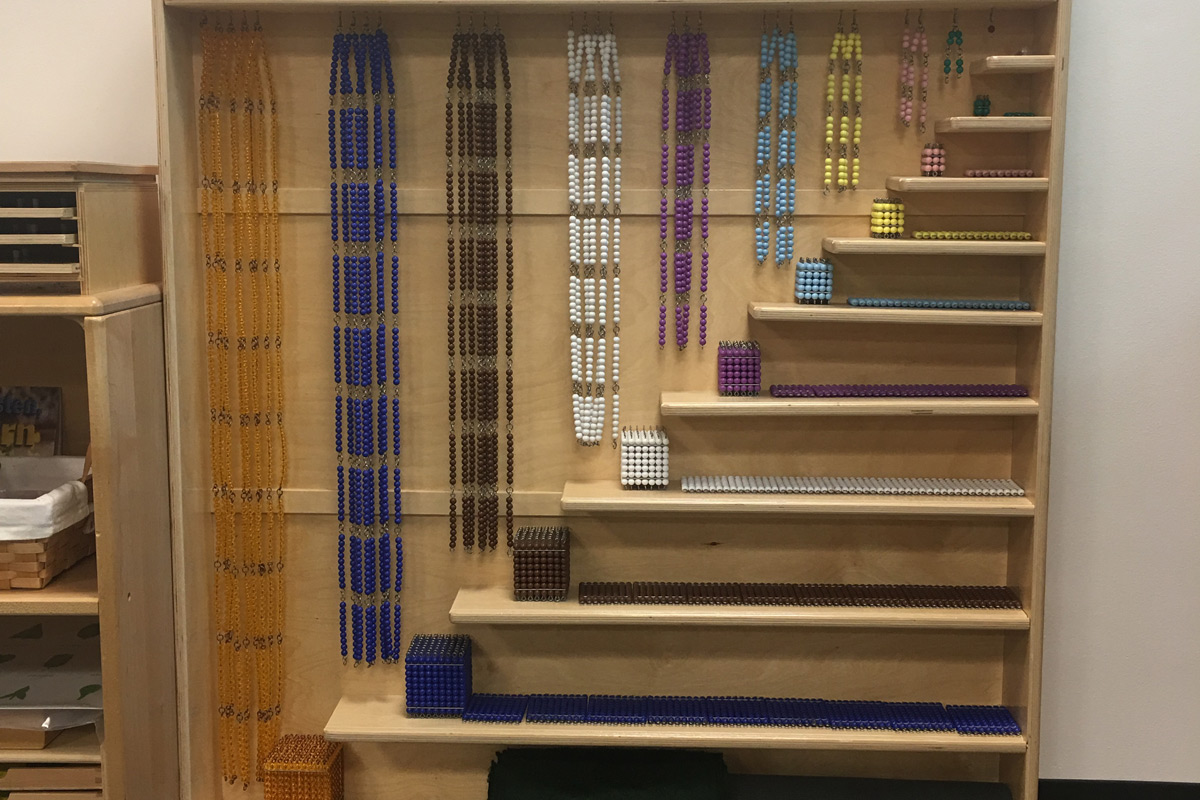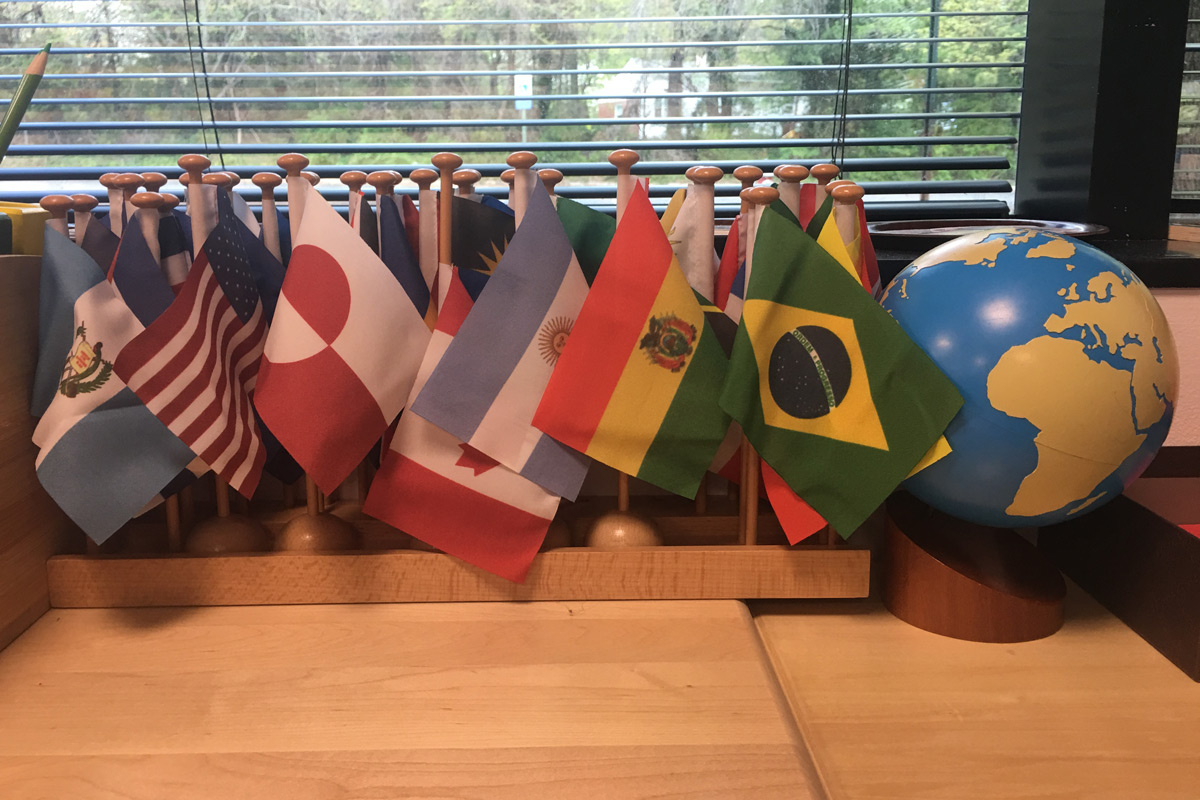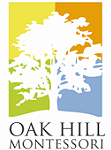There are four areas of the practical life curriculum: grace and courtesy, elementary movements through the development of large and fine motor skills, care of environment, and the care of person. Practical life work serves as a foundation for the other four areas of the curriculum.

